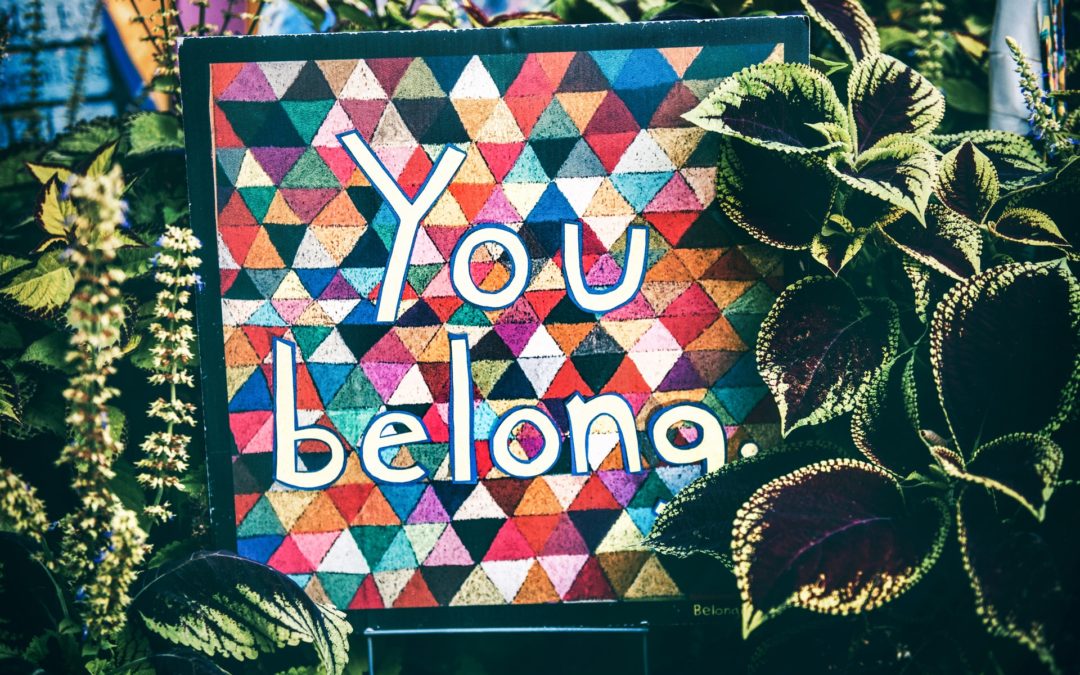Common Patterns
There are so many common patterns that I see every day in the work I get to do. As I help clients identify negative core beliefs that have taunted them most of their lives, the sense of not belonging, not being seen or heard, and feeling that there is something wrong with them show up consistently.
Maslow’s Hierarchy
We’ve all studied this hierarchy at some point in our schooling. It starts with the basic needs for sustenance with Food, Water and Shelter. Then it’s a sense of Safety. Third on the rung is Love-Belonging, followed by Esteem and Self-Actualization. Yet, how often do we look back at our upbringing and understand the impact of these missing components?
The Cabbage Patch Kid Trauma
Most of us can look at times in our lives where we felt like an outsider, or didn’t think people saw us. We have vivid memories of specific instances that carved a wound in our sense of belonging. As I write this, my own neuropathway is lighting up with a memory of exclusion from a “Cabbage Patch Kid Party” in 5th grade that all the popular kids were invited to after they received a “Cabbage Patch Kid” for Christmas.
Somehow I didn’t get the memo, as I didn’t think 5th graders wanted dolls for Christmas, but the craze was real…I wasn’t invited as I didn’t have a doll, and then when I wanted one, my mom and I couldn’t buy one anywhere. The overall take away was that it was true that I didn’t have a cabbage patch doll, but I was excluded from the party and didn’t belong…that felt awful!
Belonging Requires Courage
In Atlas of the Heart, Brené Brown says:
“Belonging is a practice that requires us to be vulnerable, get uncomfortable, and learn how to be present with people without sacrificing who we are.”
As a kid, clearly I had no understanding of this, and didn’t know how to be vulnerable and even identify with friends my emotions of sadness and feelings of rejection, because that was scary, and not something that was ever modeled in my home.
In fact, there was a sense of disappointment even from my mother when I think about the belief that “not being invited meant that I wasn’t as cool or popular as she wanted me to be.”
Teens Beliefs About Belonging
Let me highlight this further with something Brené’s research concluded about teens and belonging. On page 162 of Atlas of The Heart there is an illustration of teens holding signs from an actual event on stage where they were asked about their feelings regarding belonging. Here are some of the statements that showed up:
“Not belonging in school is hard. But it’s nothing compared to what it feels like to not belong at home.”
“Not living up to your parents’ expectations.”
“Not being as cool or popular as your parents want you to be.”
“Not being good at the same things your parents were good at.”
“Your parents being embarrassed because you don’t have enough friends or you’re not an athlete or a cheerleader.”
“Your parents not liking who you are and what you like to do.”
“When your parents don’t pay attention to your life.”
Ouch! As I read those signs I could personally relate to some and saw parallels in the stories of so many of my clients over the years.
Getting Past Not Belonging
If we never learn to show up and be authentic, then we risk never truly feeling like we belong anywhere, even to ourselves. Brené Brown says:
“Love and belonging are irreducible needs for all people. In the absence of these experiences, there is always suffering.”
In order to feel we belong, we actually have to show up and have the courage to share our beliefs, fears and vulnerable parts of self.
Here is the Big Moment. In my opinion, this is the most important ingredient in belonging.
“Our sense of belonging can never be greater than our level of self-acceptance.” Brené Brown

